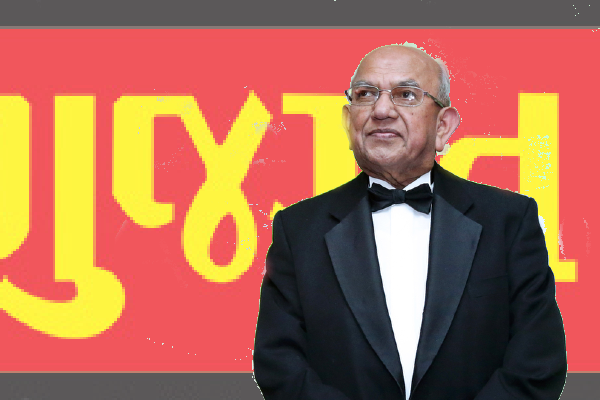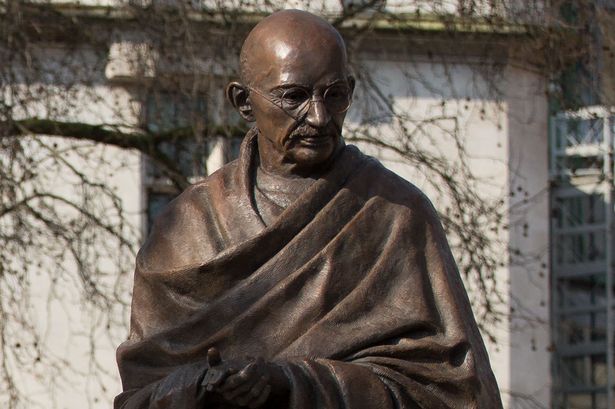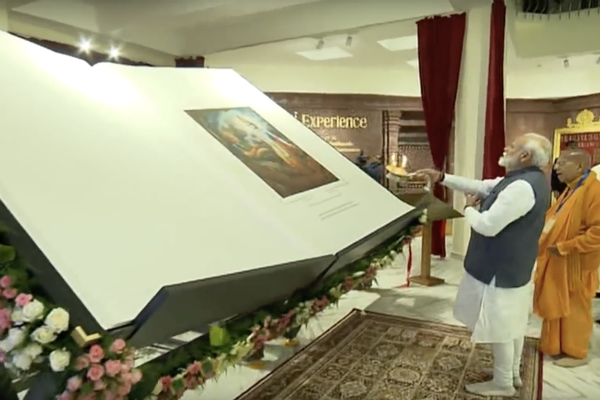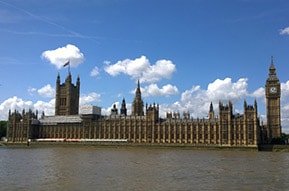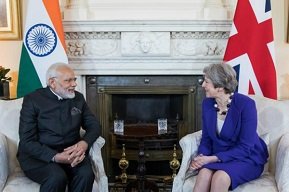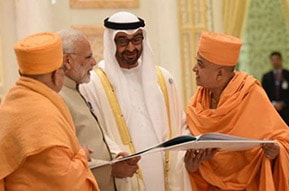Write to your MP

To find your Member of Parliament in your constituency?
Visit: https://members.parliament.uk/
To learn if your politicians represent you and what exactly do they do?
Visit: https://www.theyworkforyou.com
The Hindus in Britain have a somewhat strained relationship with the government. This is partly because of a lack of engagement with public officials and disagreeable policies or issues that have caused conflict between the government and the Hindu community.
To lobby the government, actions are expressed in the form of petitions, protests and the use of social media.
Hindus are underrepresented in the parliament compared to other faiths as they don't engage politically as much as other communities. The community needs to upskill its engagement in order to make a real difference and get its voice heard.
Some of the ways to lobby the government are as follows:
1. Respond to Green Papers and Consultations.
To encourage discussion with the government a green paper or consultation document is available to discuss policy proposals in a format. These policy proposals are responded to by the public or consultees. The responses are read by policy officials of the respective department. The responses proceeded to the next stage of policy development on a White paper consisting of commitments into action. It is one of the legal and standard methods to relay your opinions to policy officials. The government has public consultations outside of Green papers.
In a situation, if an individual agrees or disagrees with a policy they can come up with cogent cases to support their position and can potentially influence the policy outcome. If a considerable number of people have similar views, this is an effective way to influence policy. It carries more weight if you have the support of notable civil society groups. Policy officials spend hours examining responses. Therefore, green papers and consultation responses are an effective way to send forth views directly to policymakers.
2. Involve with Select Committees
Select Committees are made up of MPs and Lords. They investigate and scrutinise work of the government including policy issues and proposals. The members can summon policy officials and experts for questioning and can demand information and publish recommendations from the findings of the report. The government has 60 days to reply to the recommendations.
3. Interaction with your local MP
If there is a concern about a particular topic, then everyone is aware to write to their local MP. Well, this isn’t the only way to engage with your MP. There are numerous ways to build a meaningful relationship with them.
Invite them to Events: this could be a speaker or as an attendee to learn about a particular topic. It is a good way to form a relationship between MP and a particular demographic within their constituency.
MP’s hold regular surgeries and you can directly speak to them as an attendee to learn about a topic, though appointment might be needed. Face to face communication can subvert from a stack of emails and allows you to whet your message clearly with your personality and charisma.
By using such methods it add credibility to any suggestion and build a relationship of trust between you and your MP. Community leaders or a person having a good stand-in society must have a good relationship with MP. MP’s are looking to get votes in next term so subtly reminding them of influence you wield is a good lobbying technique.
4. Engage with Ministers
A minister is in charge of the government department and many junior ministers play an influential role in policymaking and be a part of a lobbying campaign.
You can directly write to them, but it is important to write your MP and ask them to pass your letter to ministers even if he/she disagrees with what is written and it is much more likely to be read by ministers.
One can invite a minister to the event however it is difficult as they are busy and selective with their appearances but if we pursue them to attend it can add substantial weight.
5. Engage with the all-party parliamentary group
It is essential to engage in APPG’s and they are formed of Member of Commons and Lords. APPG’s have no formal status in a parliament. Because of their informality, APPG’s are effective in the form of communication. By engaging in these events of APPG’s, one can get aware which politicians are concerned with certain issues and direct lobbying efforts towards them.
6. Some of the issues and reasons to write to your MP.
- - tax queries
- - work benefits, pensions and National Insurance,
- - immigration, hospitals and the National Health Service (NHS),
- - Academy status and educational grants.
7. How to write to your MP:
- - Write a letter to your MP at House of Commons, London SW1A 0AA
- - Email them using the contact details in our Directory of MPs
8. Tips on writing to your MP:
- - Keep it brief
- - Be courteous and polite
- - Be clear
- - Follow up
9. Copy HMB
- - Copy us info@hindumattersinbritain.co.uk in the email.
- - If its Press or Media related, Copy inquiries@ipso.co.uk
- - In the matter of media involvement and also add editors' names of a publication house.
- - Should you need help draft a message, click the link below to complete the form














